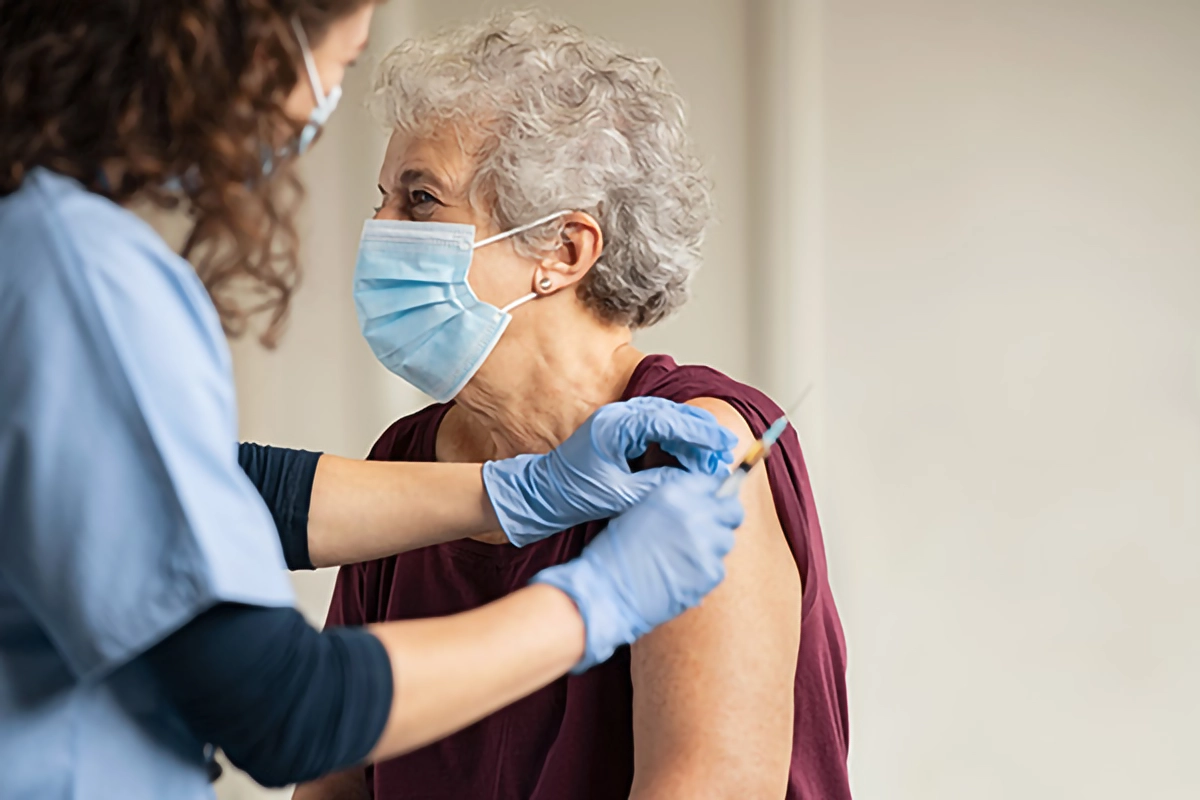We use cookies to help provide you with the best possible online experience.
By using this site, you agree that we may store and access cookies on your device. Cookie policy.
Cookie settings.
Functional Cookies
Functional Cookies are enabled by default at all times so that we can save your preferences for cookie settings and ensure site works and delivers best experience.
3rd Party Cookies
This website uses Google Analytics to collect anonymous information such as the number of visitors to the site, and the most popular pages.
Keeping this cookie enabled helps us to improve our website.
Patient Newsletter - January 2025
Why am I waiting so long to see a GP?
Dear Patient,
We understand how frustrating it can be to wait for an appointment, and we want to be open with you about why this is happening. There are a number of factors behind the increasing delays, and while we are working as hard as possible to provide timely care, the pressures on general practice have reached a critical level. Here’s what’s contributing to the long waits:
1. Demand Has Never Been Higher
More patients than ever before are contacting their GP – and not just for quick checkins. A major study in The Lancet found that both the number of consultations and the length of each consultation have increased significantly. The system is now at what researchers call “saturation point.”

2. Health Problems Are More Complex
There’s been a 10% rise in patients living with multiple long-term conditions (known as “multi-morbidity”) over the last decade. Managing several health issues and medications safely and effectively often takes longer than a typical 10-minute appointment – but it’s essential for patient safety.
3. There’s a National Shortage of GPs
Even though demand is rising, the number of GPs is falling across the UK. Those who remain are working incredibly hard but are stretched too thin. As the British Medical Association (BMA) puts it, “There are too few GPs, and those that are left are exhausted.” We are doing our best—but we simply cannot meet the current demand with the resources we have.
4. Hospitals Are Backlogged Too
Hospital waiting lists are longer than ever before. Over 400,000 people are waiting more than a year for surgery or specialist appointments. In the meantime, patients often come back to their GP for ongoing support while they wait—adding even more pressure on general practice.
5. Funding Is Not Keeping Up
GP practices provide around 90% of all NHS patient contact, yet we receive only 8.4% of the NHS budget—a number that has dropped in recent years. At the same time, costs have gone up significantly due to rising utility bills and wage increases. Government funding has only gone up by 2%, which simply doesn't cover what’s needed to maintain services.
What Can You Do?
Pharmacist Advice
Your local pharmacist can provide expert advice and treatment for many minor conditions such as coughs, colds, sore throats, rashes, minor infections, and more— often without the need for a prescription.
Self-Care
For many mild conditions, self-care at home with rest, fluids, and over-the-counter medications is often the best course of action. Trusted resources such as the NHS website can provide reliable guidance on symptoms and when to seek further help.
- We know this isn’t the news anyone wants to hear. But we want you to know:
- We are doing everything we can to prioritise those with urgent or serious conditions.
- Our reception team is trained to help direct you to the right care—whether that’s a GP, a nurse, or another service.
- We’re grateful for your patience and understanding during this difficult time.
Your health matters deeply to us. Please bear with us as we navigate this challenging period together.

Electronic Repeat Dispensing (eRD)
Did you know there's a faster, simpler way to get your regular medicines? It's called Electronic Repeat Dispensing (eRD)—and it could save you multiple trips to the GP. If you take regular, stable medications, eRD could be a perfect fit for you.
Here’s why:
What Is eRD?
eRD allows your GP to send several months’ worth of repeat prescriptions to your pharmacy all at once. This means you won’t need to request a new prescription each time you run out—it’s all pre-approved and ready when you need it.
Why eRD Is a Win-Win For You:
- Fewer requests – no need to contact the surgery each time
- Faster access – collect your medicine directly from the pharmacy
- Convenient – great for travel, work, or simply peace of mind
- Safe and reliable – your GP and pharmacist still monitor your medications regularly
For the Practice:
- Helps us free up GP and admin time, so we can see patients who need more urgent care
- Reduces paperwork and delays, meaning a more efficient service for everyone.
Am I Eligible?
You may be eligible if:
- Your condition is stable
- You are on regular repeat prescriptions
- You are not frequently changing doses or medications
Your GP or pharmacist can help confirm this.
How Do I Get Started?
It’s easy:
- Ask your GP or pharmacist if you can be set up on eRD.
- We’ll arrange everything and send your batch prescriptions to your chosen pharmacy.
- You just collect your medication at regular intervals—no need to request repeats each time
Winter flu and COVID-19 Vaccines
We’re running vaccination clinics this autumn and winter to help protect our patients against flu and COVID-19.
Flu and COVID-19 viruses change each year, and the protection from previous vaccines fades over time. Getting vaccinated every year gives you the best chance of avoiding serious illness this winter. You will be sent a text to book a date.
Who can get the flu vaccine?
From September 2025, we can vaccinate:
- pregnant women
- all children aged 2 or 3 years on 31 August 2025
- primary school aged children (from Reception to Year 6)
- secondary school aged children (from Year 7 to Year 11)
- all children in clinical risk groups aged from 6 months to less than 18 years
- those aged 65 years and over
- those aged 18 years to under 65 years in clinical risk groups (as defined by the Green Book, Influenza chapter 19)
- those in long-stay residential care homes
- carers in receipt of carer’s allowance, or those who are the main carer of an elderly or disabled person
- close contacts of immunocompromised individuals
- frontline workers in a social care setting without an employer led occupational health scheme including those working for a registered residential care or nursing home, registered domiciliary care providers, voluntary managed hospice providers and those that are employed by those who receive direct payments (personal budgets) or Personal Health budgets, such as Personal Assistants
Who can get the COVID-19 vaccine?
The start date will be confirmed by NHS England soon.
We can vaccinate:
- residents in a care home for older adults
- all adults aged 75 years and over
- persons aged 6 months and over who are immunosuppressed, as defined in tables 3 and 4 of the COVID-19 chapter of the Green Book.

Published: Aug 21, 2025
Providing NHS Services